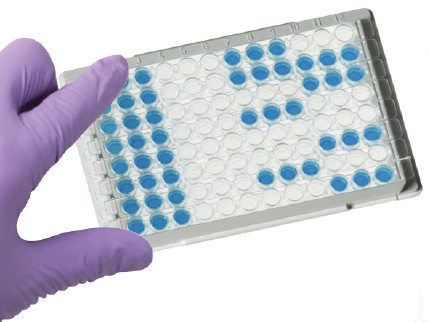Evaluation and follow up of family members
Heim Pal Hospital - PP10 - HP
First degree family members have in general about 10% of risk to develop the disease.
Celiac disease develops on specific genetic background and segregates in families. First degree family members have in general about 10% of risk to develop the disease, but this may vary from 0% to almost 30% depending on individual predisposition. Development of celiac disease is revealed by the antibody reaction against the enzyme transglutaminase. Although recommended by medical policy statements, many family members do not get proper evaluation, either because of lack of awareness or lacking medical capacities in Central Europe. This pilot project aims to develop and evaluate an open-access care model which will comprise four imprtant tasks: information, testing, interpretation &personal counselling, and follow-up.
INFORMING: The most important task is to properly discuss the risk of celiac disease, its possible symptoms and long-term health consequences in the family members. It is equally important to relieve unnecessary fear, especially in relation of young or future babies. Symptoms may be variable and different from the index case. This task will be accomplished by organising regular workshops [picture link] where participants will get information also on screening possibilities.
TESTING: Evaluation of celiac disease in a family member is not possible without laboratory testing for celiac antibodies until this evaluation the subject should remain on a gluten-containing diet to avoid false negative results. It is possible to have celiac disease even if symptoms are absent and on the other hand, not all symptoms seen in family members mean that they developed the disease (e.g. bloating, abdominal pain etc. are common also in healthy people). Besides the antibodies, also genetic markers (HLA-DQ2, HLA-DQ8, others) will be tested in a subgroup to better stratify disease risk.
INTERPRET PERSONAL RESULTS: In case of positive antibody results, further medical investigations are needed for the final diagnosis of celiac disease, while negative celiac antibody results generally mean that the subject is free of the disease. However, special attention should be paid to children under 6 years of age as they may gradually develop the immune response and may be initially negative. However, if both HLA-DQ2 and DQ8 are absent, the risk of the disease is negligible even at this young age.
FOLLOW UP: The presence of the risk HLA-DQ2 or DQ8 markers is not sufficient for the development of the disease and those who are negative for celiac antibodies should NOT be regarded to have celiac disease or put on diet solely by this result. However, they may need later testing. We also aim to determine how long this follow up should be and whether the repeat testing at age 9 or 12 years would give benefit in subjects who were negative at age 6.

